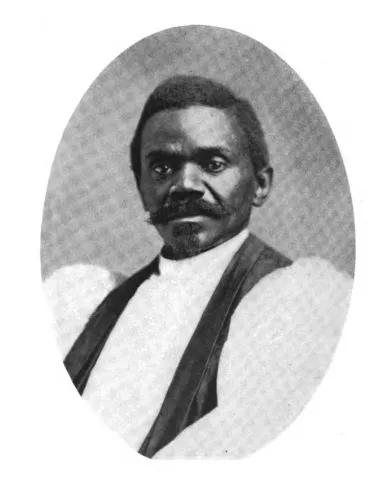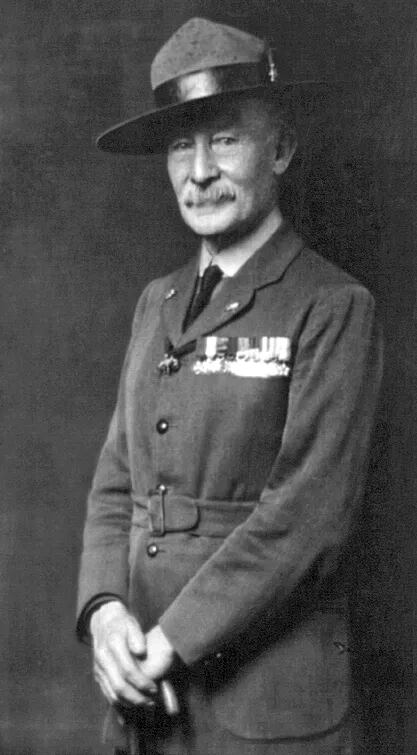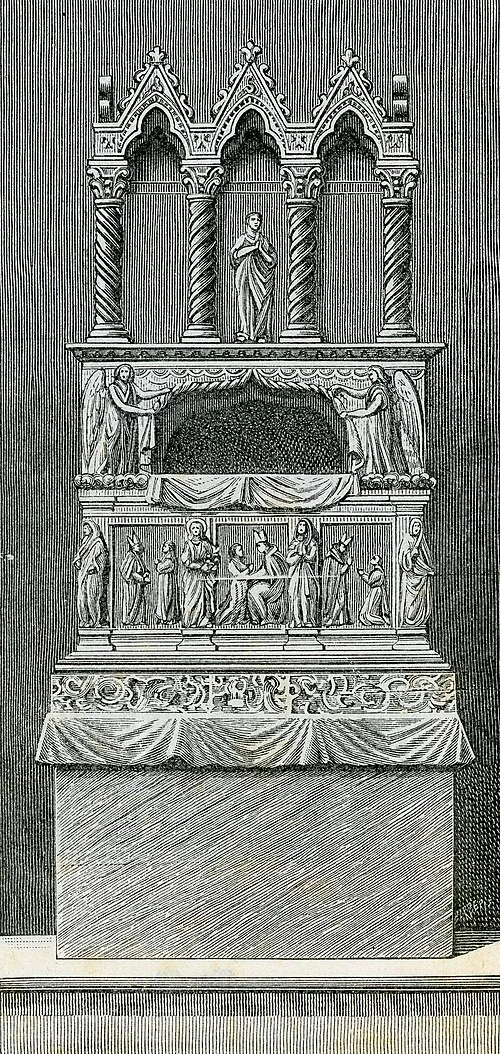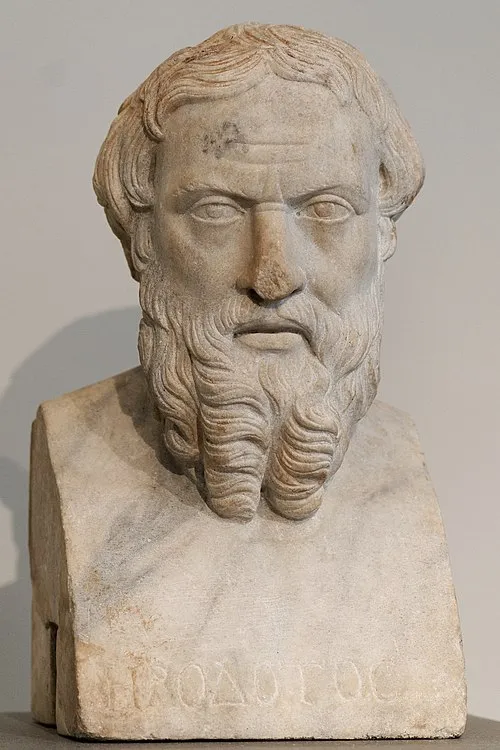
James Theodore Holly: Pioneering African-American Bishop of the Episcopal Church
James Theodore Holly was a trailblazing figure in the history of the Episcopal Church (USA), known for his relentless advocacy for the rights of African Americans and his dedication to expanding the church's mission. Born on February 2, 1829, in Washington, D.C., Holly became the first African American bishop in the Episcopal Church, significantly influencing both religious practices and social issues in the United States.
Early Life and Education
James Theodore Holly was born to free parents in a time when slavery still prevailed in many parts of the United States. His upbringing in an environment that valued education shaped his resolve to pursue academic excellence. After completing elementary schooling, Holly attended the General Theological Seminary in New York City, where he obtained his theological education and was ordained as a priest in 1854.
Ministry in Haiti
In 1861, Holly's ministry took a significant turn when he accepted a call to serve the African American community in Haiti. He was instrumental in establishing the Episcopal Church in Haiti and became the first Episcopal bishop in the country. His mission was met with challenges, including cultural differences and the backdrop of a nascent church structure. Holly's impact was profound; he not only educated clergy but also translated church texts into Haitian Creole, making Christianity more accessible to the local population.
Return to the United States
After nearly two decades in Haiti, Holly returned to the United States in 1879. Upon his return, he faced the harsh realities of racial discrimination and segregation that were rampant in American society. However, his experiences abroad empowered him to advocate for social justice and equality within the church. In 1895, Holly was consecrated as the first African American bishop in the Episcopal Church, a landmark achievement that opened doors for future African American leaders in the ecclesiastical community.
Contributions to the Episcopal Church
Holly's contributions to the Episcopal Church were significant and multi-faceted. He played an essential role in church governance and served on numerous boards and committees aimed at improving the church's outreach and inclusivity. He was a vocal advocate for African American rights and worked tirelessly to address the racial inequalities that persisted within the church and society.
Legacy and Influence
James Theodore Holly's legacy continues to resonate within the Episcopal Church and beyond. He not only paved the way for future African American clergy but also served as a reminder of the importance of faith in the fight for social justice. His life's work has inspired generations, reinforcing the need for inclusivity and equity within religious institutions.
Today, Holly is remembered not only as a bishop but as a symbol of perseverance and hope in the face of adversity. His journey encourages current and future church leaders to address social issues with compassion and to strive for a more inclusive and equitable community.






